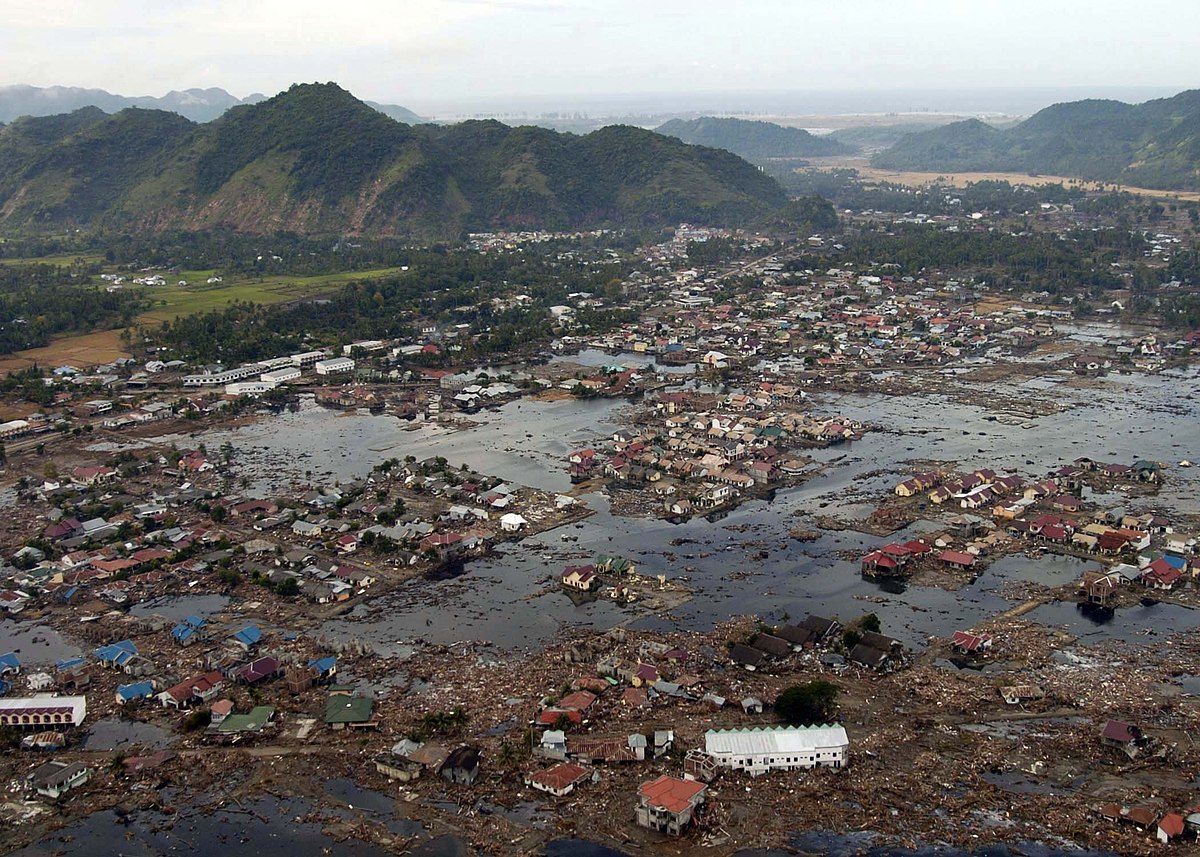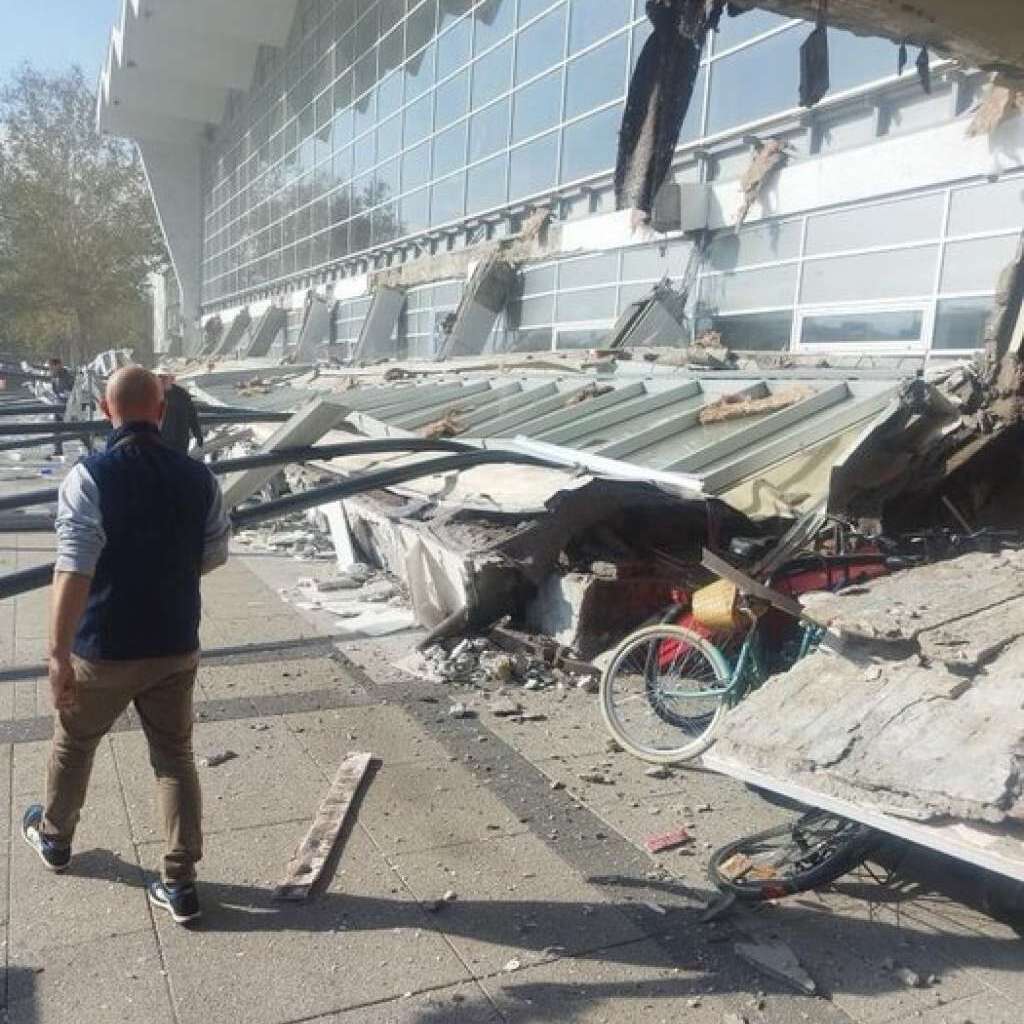
Introduction
The Boxing Day tsunami of 2004 remains one of the deadliest natural disasters in history, claiming over 230,000 lives across fourteen countries. This catastrophic event not only caused immense human suffering but also highlighted the critical importance of disaster preparedness and early warning systems. Its effects are still felt today, as communities continue to recover and nations reconsider how they approach natural disasters.
About the Tsunami
On December 26, 2004, a massive undersea earthquake, measuring 9.1 on the Richter scale, struck off the west coast of northern Sumatra. The earthquake triggered a series of devastating tsunamis that struck the coasts of Indonesia, Thailand, India, Sri Lanka, and several other countries bordering the Indian Ocean. Waves reaching heights of up to 30 meters (98 feet) crashed onto shorelines, obliterating entire communities in mere minutes.
Immediate Aftermath
The immediate aftermath was catastrophic. Emergency responders faced unimaginable challenges, with vast areas rendered inaccessible and communication severely disrupted. Countries banded together to provide humanitarian aid. Nations around the world donated money, supplies, and personnel to assist in the recovery efforts. The United Nations launched a coordinated response, raising billions of dollars in relief funds.
Long-term Changes and Preparedness
The Boxing Day tsunami prompted a fundamental shift in how the world responds to natural disasters. The tragedy revealed significant gaps in global tsunami warning systems and disaster preparedness. Countries around the Indian Ocean established the Indian Ocean Tsunami Warning System (IOTWS), which became operational in 2006. The system aims to provide timely warnings to vulnerable coastal communities about potential tsunami threats.
Continued Relevance
Nearly two decades later, the legacy of the Boxing Day tsunami remains. The event serves as a poignant reminder of the power of nature and the importance of disaster preparedness. Many areas affected by the tsunami have rebuilt, but the memory of the loss still reverberates through communities. Furthermore, the tragedy highlights ongoing global vulnerability to natural disasters, as climate change increases the severity and frequency of such events.
Conclusion
The Boxing Day tsunami of 2004 shaped global disaster policies and increased awareness of the importance of effective warning systems. As the world continues to face the realities of climate change and natural disasters, the lessons learned from this tragedy play a crucial role in future preparedness and response. It serves as a reminder of our shared responsibility to build resilient communities capable of withstanding the forces of nature.
You may also like

An Introduction to Crime 101: Exploring Its Basics and Impact

The Significance of International Day Celebrations
